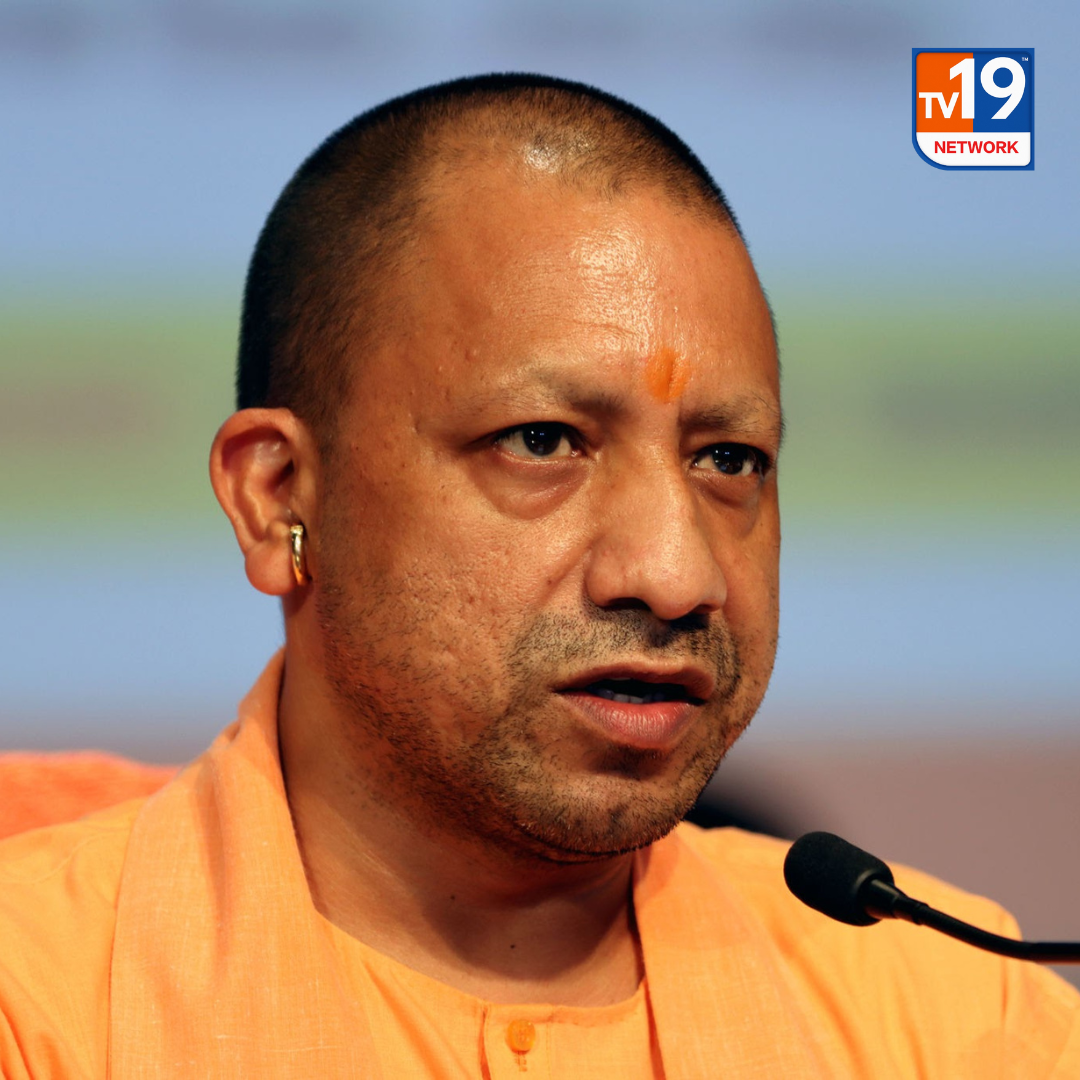Adani Bribery Allegations Spark Global Controversy
Delhi - In a dramatic turn of events, the U.S. Securities and Exchange Commission (SEC) has leveled serious allegations against Indian billionaire Gautam Adani and his nephew, Sagar Adani. The SEC accuses them of orchestrating a massive $265 million bribery scheme to secure lucrative solar energy contracts in India, while simultaneously misleading U.S. investors about their company's anti-corruption practices. These charges have sent shockwaves through the global business community, casting a shadow over the Adani Group's meteoric rise in the renewable energy sector.
According to the indictment unsealed in a New York court, between 2020 and 2024, the Adanis allegedly funneled substantial bribes to Indian government officials to obtain favorable contracts for Adani Green Energy Ltd. These contracts were projected to yield profits exceeding $2 billion over two decades. The SEC further contends that the Adani Group raised over $2 billion from international investors, including U.S. firms, based on falsified statements regarding their anti-bribery policies. This elaborate scheme purportedly involved misleading investors during a 2021 bond offering, where the company touted its adherence to stringent anti-corruption standards.
In response, the Adani Group has vehemently denied these allegations, labeling them as "baseless" and asserting their commitment to the highest standards of governance and transparency. They have pledged to pursue all available legal avenues to refute the charges.
Complicating matters, the SEC faces jurisdictional challenges in serving summons to the Adanis, who are based in India. Legal experts highlight that the SEC lacks direct authority over foreign nationals, necessitating diplomatic channels and adherence to international treaties, such as the 1965 Hague Convention, to proceed with their case.





